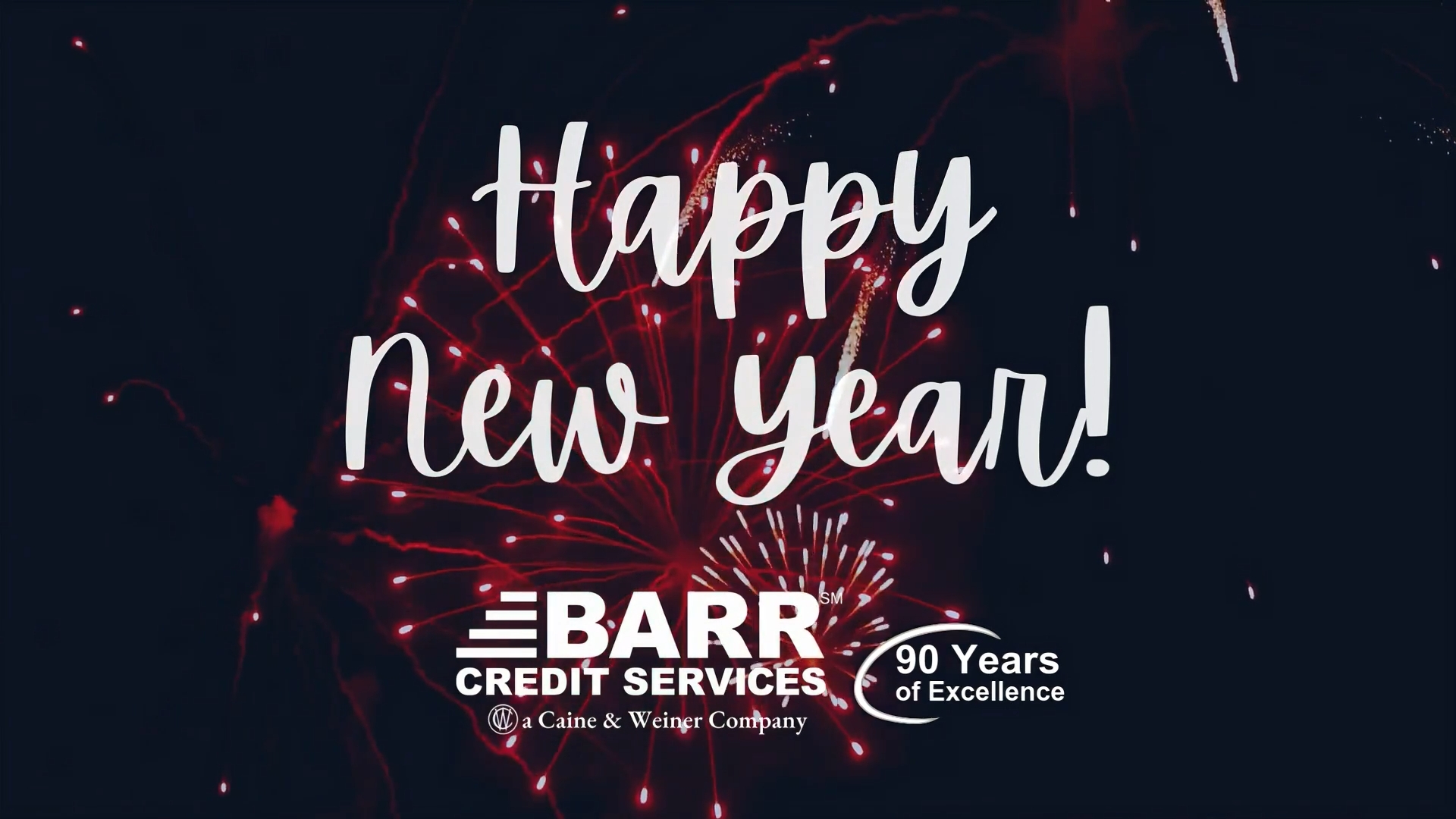Skip Tracing and Personal Guaranty
If you've considered hiring a collection agency to handle your past-due accounts, you may have heard the term "skip tracing." But what exactly is it, and how does it work within the collections industry?
Skip tracing is a method used to locate debtors when their contact information is no longer accurate. (For instance, the debtor may have moved, and the creditor does not have updated contact information.)
The obvious indicators:
- Disconnected phone
- Wrong phone number
- Returned mail
The skip tracing process can run the gamut from checking phone books to searching through massive amounts of publicly and privately available information on the web. Oftentimes, companies must purchase access to this information. The alternative is to hire a professional and fully compliant collection agency that offers this access as part of their services.
Because the process can be both time- and labor-intensive, it requires specialized expertise and access.
Commercial Skip Tracing
Skip tracing methods differ depending on whether the debtor is a commercial account or consumer debt.
In commercial collections, the credit application is the starting point. Often times from the credit app, the skip tracer can access secondary names, cell phone numbers, additional phone numbers and email addresses, a second business location, names of vendors/banks used as references, as well as other individuals involved with the business. This important, but often incomplete application, offers clues that will aid the investigative steps in locating the proper party.
There are other tools and avenues available on-line , such as access to the Secretary of State’s database to see if the business is still in operation, review the articles of incorporation, determine if their corporate charter is current, obtain officers, and registered agent for the entity being researched. Every state except New Jersey, this information is available online at no charge.
If there is a personal guaranty for the commercial credit, the skip tracer will pursue payment from the individual guarantor, and a written demand can be sent to that individual. (The best protection a creditor can have is a personal guaranty by one or more of the officers of the corporation. See “About the Personal Guaranty,” below.)

The BARR Credit Advantage
At BARR Credit Services we subscribe to several locator databases. If the company is setup as a sole proprietorship or a partnership, we can search for the owner or partner and assign the debt to that individual or individuals.
If the company is incorporated as a Limited Liability Company (LLC) or a Limited Liability Partnership (LLP) or even Chapter S corporation, we can also sometimes determine and locate the partners of the company.
NOTE: This is not a task for the inexperienced or untrained. If you don’t know what you’re doing, you can easily and inadvertently violate privacy laws.
Consumer or Personal Guarantor Skip Tracing
From this point on, the commercial skip tracing process is very much like a consumer skip trace, since the sought-after party is an individual officer of the company.
The skip tracer can access the guarantor’s credit report, if the creditor has been given permission to do so. (This is why it’s important that the credit application authorizes access to the debtor’s credit report before credit is ever issued.)
If unable to access the debtor’s credit report, the skip tracer will begin to search the internet, looking for Uniform Commercial Code (UCC) filings. Many different resources and databases can be accessed in an effort to collect the required information:
-
- Phone number databases
- Social media (such as Facebook and LinkedIn)
- Credit card applications
- Loan applications
- Utility bills
- Public tax information and other public records
- Driver’s license/vehicle registration departments
- Professional licenses
- Landlord or property owners

Any and all information is leveraged to motivate the debtor to start making payments.
Finally, the skip tracer may contact the debtor’s neighbors, relatives and other vendors in order to obtain current information. During these interactions, it is illegal for the skip tracer to identify himself as a debt collector to anyone but the individual debtor. When attempting to obtain information about a debtor’s whereabouts, any kind of deceptive, abusive or unfair practice is strictly prohibited by the Fair Debt Collection Practices Act (FDCPA).
Although the FDCPA does not generally apply to business collection practices, once a debt is moved from a business to an individual in the business, the FDCPA does apply.
ABOUT THE PERSONAL GUARANTY
A few important points about the personal guaranty for a commercial debt:
- When signing the personal guaranty, it is essential that the guarantor does not use their title (CEO, COO, etc.). To do so, most if not all states, releases any personal responsibility to pay the debt and thereby invalidates the guaranty.
- A personal guaranty may be signed by any company officer or authorized employee.
- If the company is no longer operational, and there is a signed personal guaranty for the debt, the guarantor is responsible for payment of the debt.
- A personal guaranty can be voided in several ways:
- If there is a term constraint in the original document before it was signed.
- If the creditor provides in writing a release of the guarantor’s responsibility to pay the debt.
- If the debtor rescinds the guaranty in writing and follows the guidelines listed on the creditor’s terms and conditions.
Why Use a Collection Agency for Skip Tracing?
Unless your company’s internal collections department is proficient with skip tracing, your staff can spend a lot of time attempting to track down debtors. Access to many databases must be purchased, which can be costly.
In addition, paying your employees to skip trace can really add up in terms of wages, health benefits, etc. On the other hand, collection agencies which work on a contingency basis — such as BARR Credit Services — are not paid unless they collect on a debt for you. So it’s a mutually beneficial relationship.
How much effort can you (or your team) put into finding someone who owes money, without wasting valuable time? Do you even know where to start if your contact information is inaccurate?
The collection professionals at BARR Credit Services are skip tracing experts. You can trust them to locate even the most elusive debtors to maximize your debt recovery efforts.
Sources:
Experian
DataTree
ACA International







You must be logged in to post a comment.